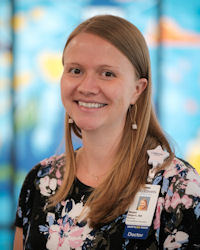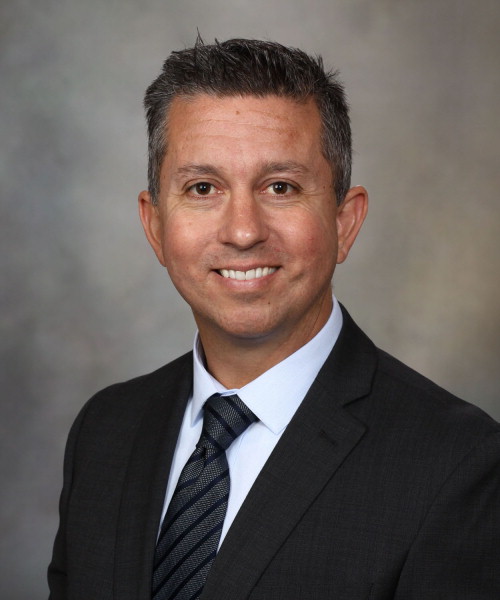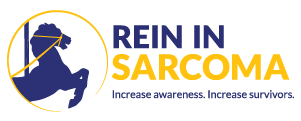Rein in Sarcoma has awarded $45,000 in new sarcoma research grants to Children’s Minnesota and the Mayo Clinic.
Children’s Minnesota
“Expanding Opportunities For Early Detection of Sarcoma.” | $20,000


Co-Principal Investigators: Megan Hilgers, MD, pediatric oncologist and Kris Ann P. Schultz, MD, pediatric oncologist.
Lay Summary: Liquid biopsies are a promising technique to facilitate tumor monitoring and, in certain clinical circumstances, early detection. In this application, we propose to build on our existing ctDNA work in DICER1-related tumors and expand ctDNA research at Children’s Minnesota to include non-DICER1 related sarcomas including Ewing’s sarcoma, osteosarcoma and the variety of aggressive tumors including sarcomas which are seen at high frequency in children and adults with Li Fraumeni syndrome.
Funding from Rein in Sarcoma will: 1) Facilitate our participation as founding members of the Early Detection of Inherited and SecondarY Neoplasms (EDISYN) Consortium; and 2) Allow us to open a trial to assess the impact of ctDNA levels on survival in children with Ewings Sarcoma and osteosarcoma. Both of these projects leverage the clinical strengths of Children’s Minnesota and our existing DICER1related ctDNA research with existing laboratory expertise outside of Minnesota to more expeditiously bring ctDNA-related studies to children with sarcoma in Minnesota and worldwide.
Mayo Clinic
“Integrated Proteomic and Transcriptomic Profiling of Rhabdomyosarcoma Reveals Target Antigens for Immune-Based Therapies.” | $25,000

Principal Investigator: Patricio Gargollo, MD, Associate Professor in Urology
Co-Principal Investigators: Dr. Carola Arndt, MD, Professor of Pediatrics, Dr. Candace Granberg, MD, Assistant Professor of Urology, Dr. Haidong Dong, MD, PhD, Professor of Immunology, Dr. Fabrice Lucien-Matteoni, PhD, Senior Research Fellow in Urology
Lay Summary:
Rhabdomyosarcoma (RMS) is the most common soft tissue tumor in children, with nearly 20% of children presenting with locally aggressive and/or metastatic disease. A fundamental problem with this disease is the lack of effective and tolerable therapeutic regimens. Current protocols including surgery, radiotherapy and chemotherapy are extremely toxic and may lead to multiple deleterious long-term effects. Moreover, a significant percentage of patients tends to relapse and for those patients, life-expectancy is less than 5 years. Our group is dedicated to uncover molecules at surface of tumor cells aberrantly expressed in RMS. The biggest benefit of our approach is that cell-surface proteins are easily accessible for pharmacological intervention as cell surface is an effective barrier for the entry of therapeutic drugs. Our first objective is to analyze the repertoire of cell-surface molecules in RMS tumors and compare with normal muscle to identify potential targetable vulnerabilities. We will examine the functional impact of the expression of RMS-specific molecules on tumor growth using patient-derived RMS cells.
This proposal will lay the foundation for our next short-term goal which will be to design new therapeutic strategies to target RMS-specific molecules and evaluate their clinical potential for the treatment of pediatric RMS. Ultimately, our study will expand the therapeutic landscape of children diagnosed with RMS by improving patient response to treatment, increasing their survival rate and reducing treatment-related toxicities. Finally, our successful approach will be suitable to overcome similar challenges in other types of sarcoma very aggressive in children such as osteosarcoma and Ewing sarcoma.
These grants are made in addition to research grants to the University of Minnesota made in January of this year.

